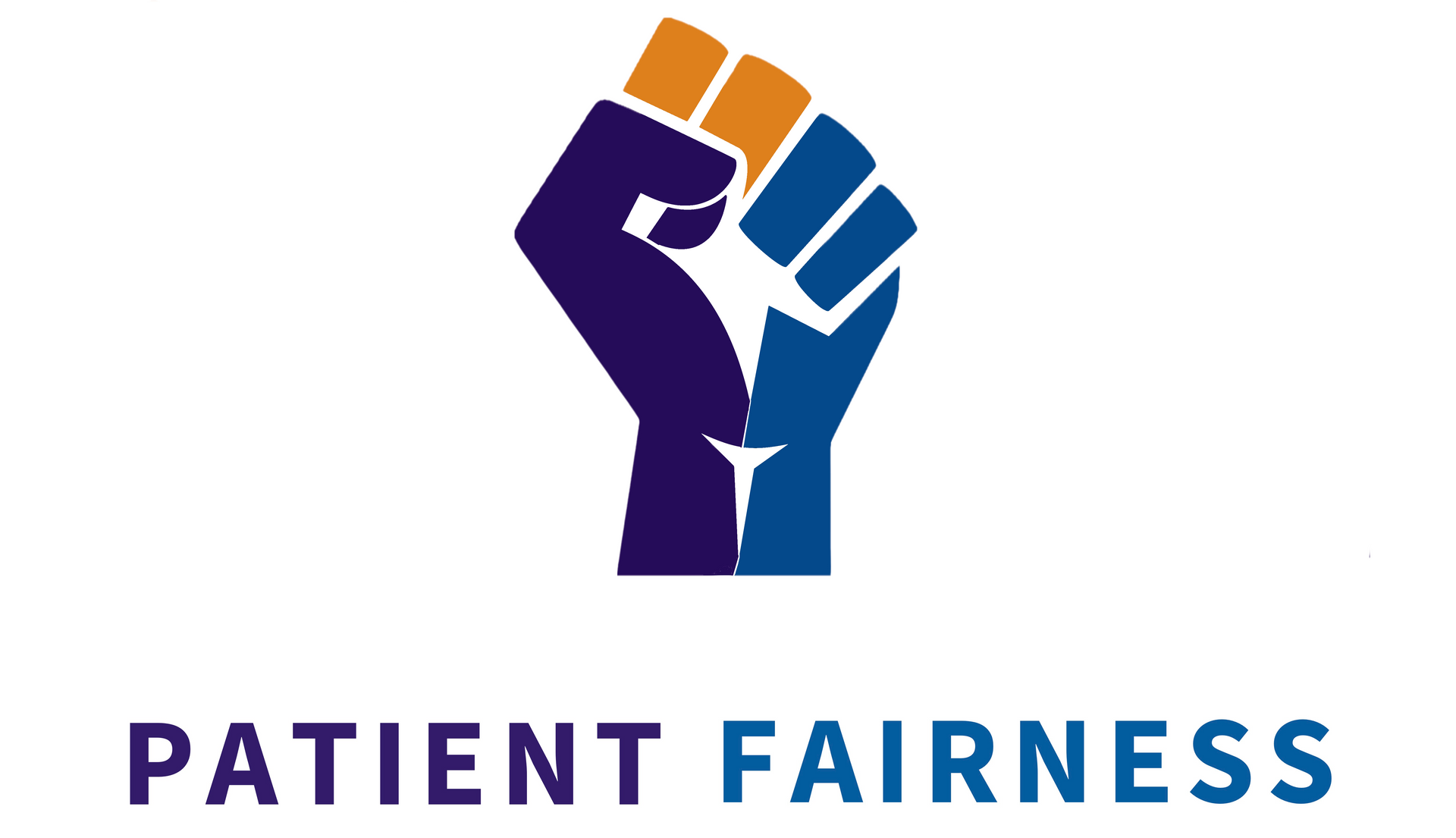State-Specific Medical Billing Laws: What Every Patient Needs to Know

Medical billing can be overwhelming—and the rules aren’t the same everywhere. Whether you live in California, Texas, or Florida, your state has its laws that can help you fight unfair or inflated bills. Knowing these protections can save you thousands and help you avoid unnecessary medical debt.
Patient Fairness specializes in helping patients understand their rights and use them effectively. Here’s a breakdown of what you need to know in each state.
California Medical Billing Laws
California offers some of the strongest patient protections in the country, covering billing timelines, debt collection, surprise billing, and hospital pricing rules.
Medical Debt and Billing Time Limits
- Statute of limitations: Medical providers must bring legal action to collect a medical debt within
12 months. After that, the debt becomes unenforceable.
- Credit reporting ban: Starting
January 1, 2025, medical debt cannot be reported to credit agencies or used in credit scoring decisions. If a provider knowingly furnishes this information after that date, the debt becomes void.
- Billing deadlines: California law doesn’t set a strict deadline for initial billing, but collections are subject to strict requirements.
Surprise Billing Protections
California goes beyond the federal No Surprises Act in certain areas, especially for ground ambulance services:
- Insured patients – Non-participating ambulance providers cannot bill you for more than your in-network cost-sharing amount (copay, coinsurance, or deductible).
- Uninsured or self-pay patients – Ambulance providers cannot bill you more than the Medicare or Medi-Cal fee-for-service amount (whichever is higher).
Debt Collection Rules
Before sending your bill to collections, hospitals must provide:
- Date(s) of service and provider name
- The name of the debt buyer or collection agency
- How to request an itemized bill
- Your recorded insurance coverage or a statement that none was recorded
- Charity care and financial assistance applications
- Proof of prior notice about financial assistance
If your debt is sold, the buyer cannot add interest or fees beyond the original amount owed.
Financial Assistance Protections
If you are uninsured or have high medical costs and your household income is at or below 400% of the federal poverty level, hospitals cannot charge more than:
- The Medicare payment amount, or
- The Medi-Cal payment amount—whichever is higher
Hospitals must also offer reasonable payment plans based on your income and essential living expenses.
Texas Medical Billing Laws
Texas law gives patients strong protections against late billing, surprise ambulance charges, and inflated emergency facility prices.
Billing Deadlines
- 10-month rule – Providers must bill you within
10 months of the service date (Tex. Health & Safety Code § 146.002 & § 146.003). If they miss this deadline, they cannot collect from you or your family.
- Statute of limitations – Medical debt becomes unenforceable if no legal action is taken within four years from the date of service.
Right to an Itemized Bill
Hospitals, surgery centers, and dialysis centers must provide a written, itemized bill within 30 days after receiving payment from any third party. This bill must include:
- The provider’s alleged cost for each service and supply
- A plain-language description of each service
- Billing codes submitted to insurers and amounts billed/paid
- The amount still owed by the patient
Providers cannot pursue collections until they meet this requirement.
Protections Against Unconscionable ER Pricing
Freestanding emergency medical care facilities cannot charge “unconscionable” rates—defined as more than 200% of the average charge for similar services at local hospital ERs.
Ground Ambulance Balance Billing Ban
If you’re covered by a Texas-regulated health plan, ground ambulance providers cannot bill you beyond your in-network cost share.
Florida Medical Billing Laws
Florida law provides protections for patients, especially around billing timelines, surprise bills, and itemized statement rights.
Billing Time Limits
- Doctors have up to five years to bill for services, but insurance contracts may impose shorter deadlines.
- The state’s long billing window means you can still be billed years later, so reviewing old charges carefully is critical.
Right to an Itemized Bill
Under Florida Statute § 381.026, patients have the right to:
- Receive a clear, itemized bill
- Request an explanation of charges in plain language
Providers must respond promptly and clearly.
Surprise Billing Protections
Florida law protects patients from balance billing in certain scenarios:
- If you receive out-of-network care at an in-network facility without proper notice, you may only owe your in-network cost share.
- These protections apply to both emergency and certain non-emergency services.
How Patient Fairness Helps in All Three States
While these state laws give you leverage, providers don’t always follow them. Patient Fairness helps you:
- Identify violations – From missed deadlines to illegal balance billing.
- Compare charges – We check your bill against Medicare rates and, for hospital charges, estimated provider costs.
- Issue professional dispute letters – Custom-built to your case and sent on your behalf.
- Track all correspondence – Creating a clear record if collections or legal action arise.
- Negotiate settlements or cancellations – Using your legal protections to your advantage.
Take Control of Your Medical Bills
Whether you live in California, Texas, or Florida, understanding your state’s medical billing laws is the first step to protecting yourself. From strict billing deadlines in Texas to California’s credit reporting ban to Florida’s itemized billing rights, these rules can make the difference between paying an inflated bill and paying a fair price—or nothing at all.
Start your free Problem Medical Bill Assessment today with Patient Fairness and see if your bill violates state or federal law.










